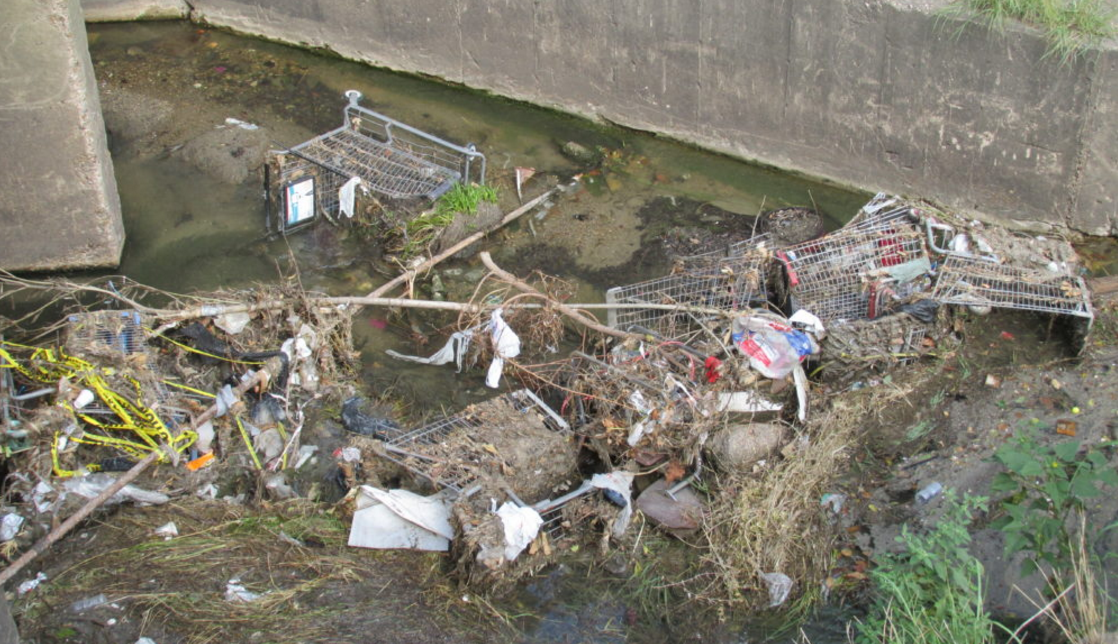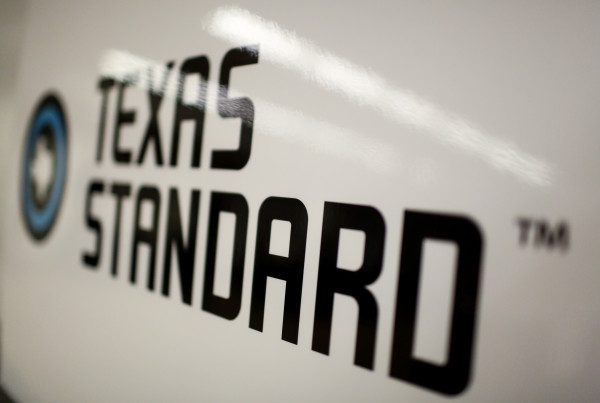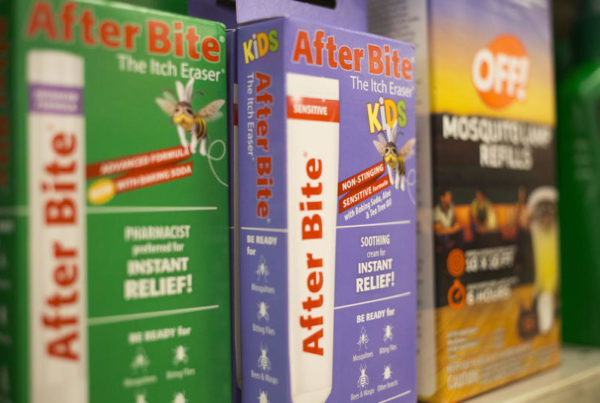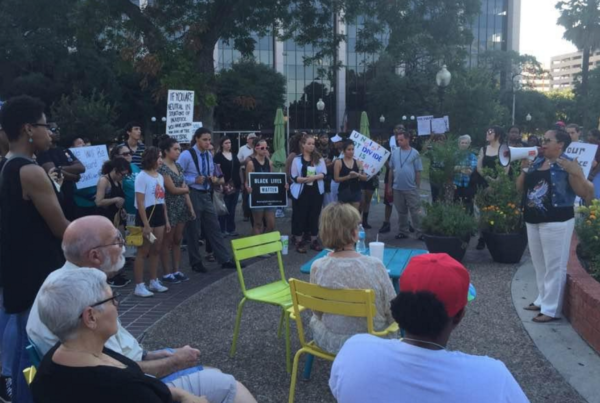From Houston Public Media:
Standing just above the Bintliff ditch off Beechnut near the Southwest Freeway, Houston City Council member for District J Mike Laster counted seven shopping carts tangled up in weeds, plastic bags, and other trash, almost creating a dam just before the ditch flows under Beechnut Street.
“They get there because those carts migrate off of shopping area, shopping pads,” Laster said. “And they find themselves in these flood control ditches and they find themselves on esplanades and in parks and on street rights-of-way.”
Laster said this has caused flooding, so the abandoned shopping carts that can be found throughout the city are not just an aesthetic nuisance but also a public safety issue.
“So you have density upon density close to shopping areas, which lends itself in a very urban setting to walk to the store and want to push your groceries home in a cart,” he said.
Last year, Laster initiated a pilot program for his district. For three months, the city’s Solid Waste Management Department picked up any abandoned shopping carts they found and stored them at a depository.
“What we would then do is categorize them by retailer and reach out to those stores and ask them to come out and collect their carts,” said Sarah Mason, Houston’s recycling programs manager, who oversaw the pilot. “And we did have a 72 percent retrieval rating.”
She said they collected 870 carts from 37 different retailers. About 60 of the carts couldn’t be identified and were recycled.
The city will now consider expanding the program to all of Houston. It’s part of this year’s budget after council member Laster proposed an amendment to include it.
“The question is, how much is it going to cost and how are we going to implement the program?” Laster said.
He said expanding the program will cost about $1 million, which could be found somewhere within the budget. And he said it could partly pay for itself by charging a retrieval fee and from recycling.
















